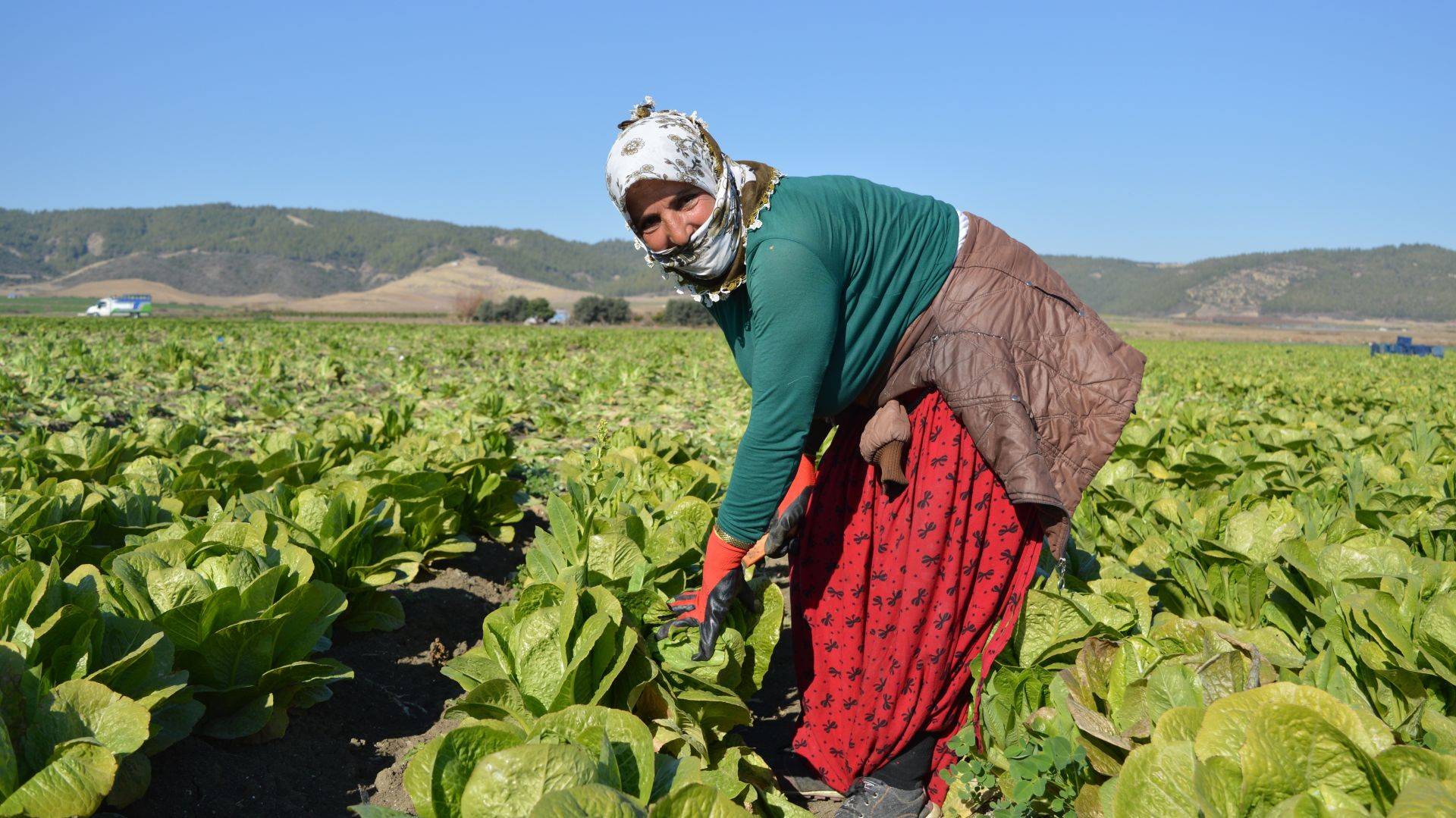We use Cookies. Read our Terms
- News & Events
- Press releases
- 2024
- OPEC Fund provides US$50 million loan to support agriculture and food sector in Türkiye, prioritizing earthquake-hit regions
OPEC Fund provides US$50 million loan to support agriculture and food sector in Türkiye, prioritizing earthquake-hit regions

March 22, 2024: The OPEC Fund for International Development (the OPEC Fund) is extending a US$50 million loan to Türkiye to support the agricultural and food production sectors, prioritizing 11 cities hit by the devastating earthquakes of February 2023. The Development and Investment Bank of Türkiye (TKYB) will on-lend the funds to small and medium-sized enterprises to support efforts to overcome the calamity’s impact and to promote a more resilient and sustainable agriculture sector.
OPEC Fund President Abdulhamid Alkhalifa said:
“The agriculture sector is a main source of economic activity, employment and trade in Türkiye. The OPEC Fund is very pleased to extend financing through TKYB to promote the long-term sustainability of the sector and especially to bolster agri-businesses in the earthquake affected provinces. We stand ready to extend our cooperation with Türkiye and contribute to the country’s sustainable development ambitions.”
İbrahim Öztop, General Manager of TKYB, added:
"This agreement is significant as it is a first for both our bank and Türkiye and it further reinforces our mission to support sustainable development in Türkiye's agriculture and food production sectors. Through the collaboration with the OPEC Fund we aim to contribute to the rapid recovery of our regions hit by the earthquake and to support the development of the agriculture and food production sectors throughout the country."
The so-called “Food Security and Resilience Project” is co-financed with the Islamic Development Bank and the Islamic Trade Finance Corporation and aims to extend financing to companies prioritizing the the southeastern provinces of Adana, Adıyaman, Diyarbakır, Elazığ, Gaziantep, Hatay, Kahramanmaraş, Kilis, Malatya, Osmaniye and Şanlıurfa.
The region is crucial for the country's agricultural output, accounting for nearly 15 percent of the country’s agricultural GDP. However, following last year’s earthquakes many businesses have suffered damage to infrastructure, loss of livestock and disruptions to food supply chains. The UN Food and Agriculture Organization estimates that these damages will affect more than 20 percent of Türkiye’s agri-food exports.
The project will provide funds to businesses to recover and increase resilience in the food sector to withstand future shocks, including natural disasters and climate change. It will strengthen long-term food value chains by improving practices, production, productivity, supply chain infrastructure and market access.
About the OPEC Fund
The OPEC Fund for International Development (the OPEC Fund) is the only globally mandated development institution that provides financing from member countries to non-member countries exclusively. The organization works in cooperation with developing country partners and the international development community to stimulate economic growth and social progress in low- and middle-income countries around the world. The OPEC Fund was established in 1976 with a distinct purpose: to drive development, strengthen communities and empower people. Our work is people-centered, focusing on financing projects that meet essential needs, such as food, energy, infrastructure, employment (particularly relating to MSMEs), clean water and sanitation, healthcare and education. To date, the OPEC Fund has committed about US$27 billion to development projects in over 125 countries with an estimated total project cost of more than US$200 billion. The OPEC Fund is rated AA+/Outlook Stable by Fitch and AA+, Outlook Stable by S&P. Our vision is a world where sustainable development is a reality for all.